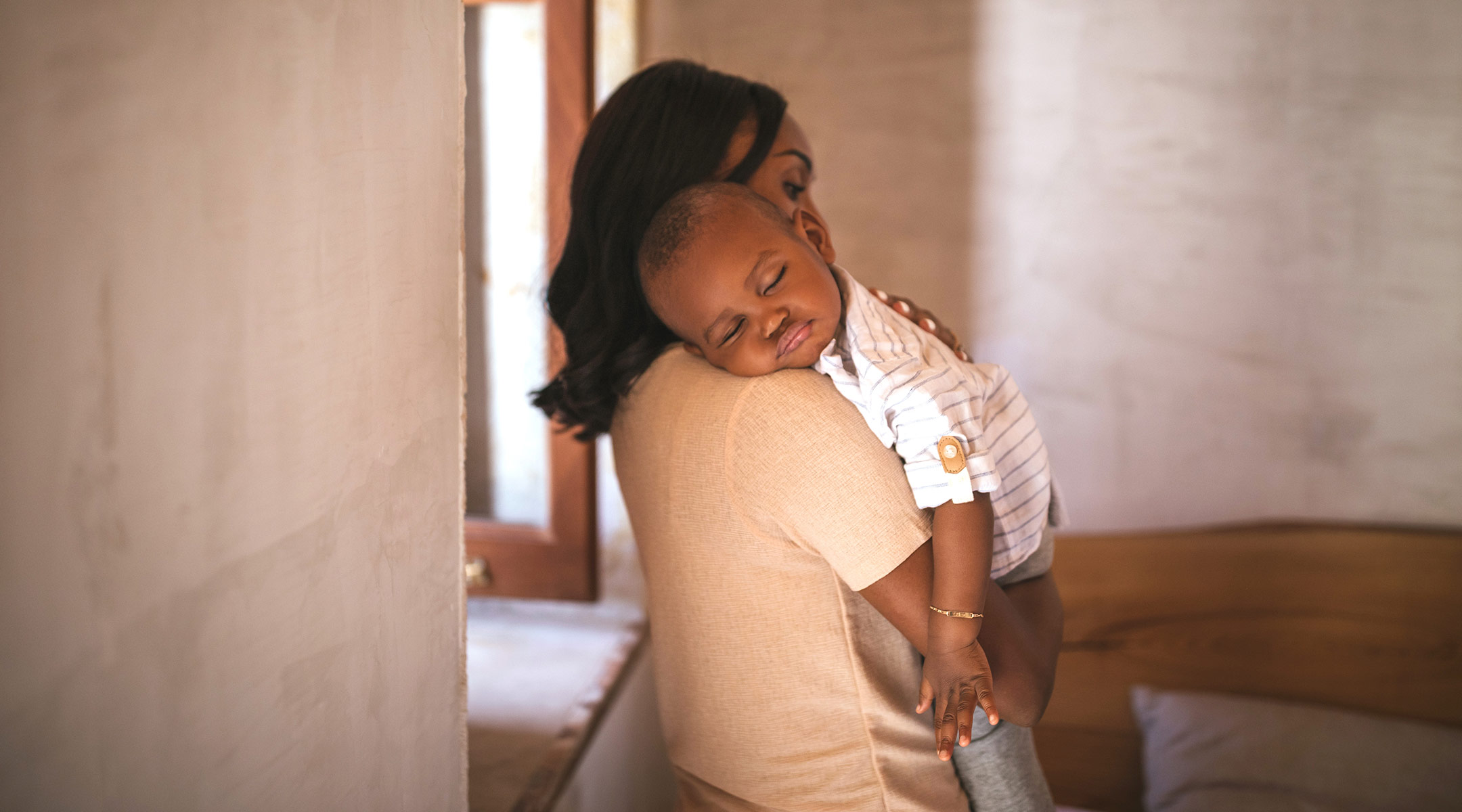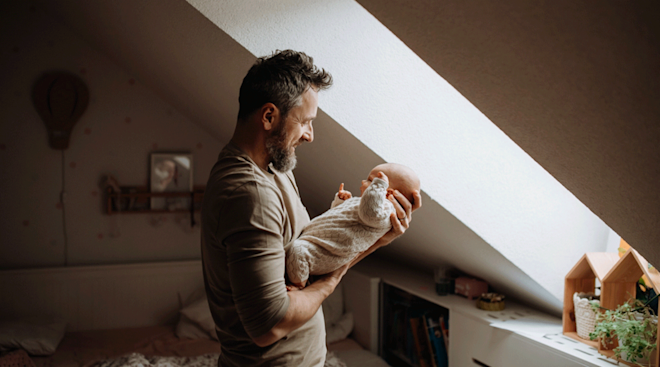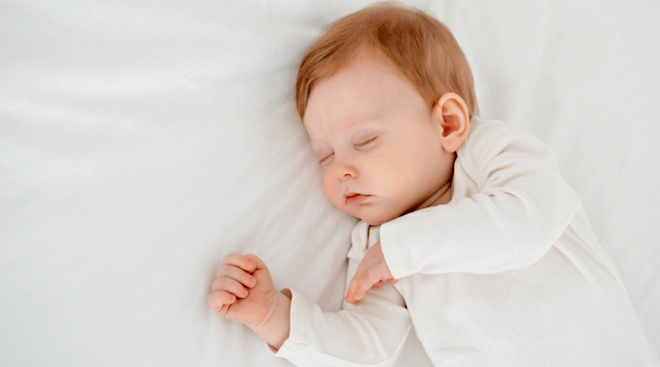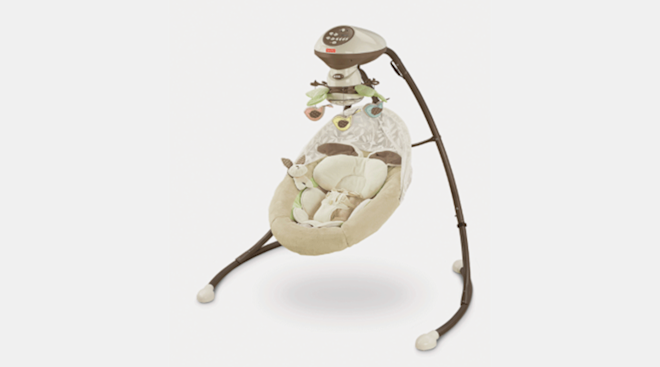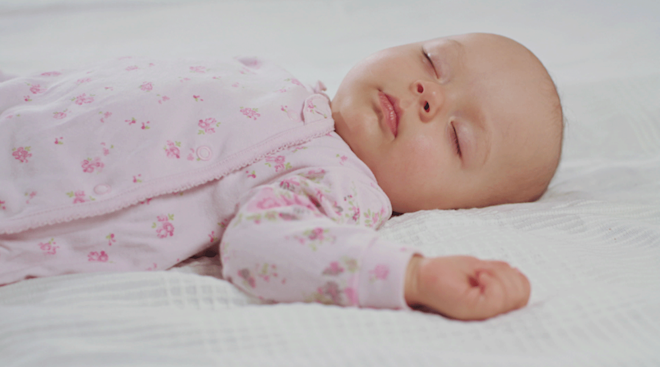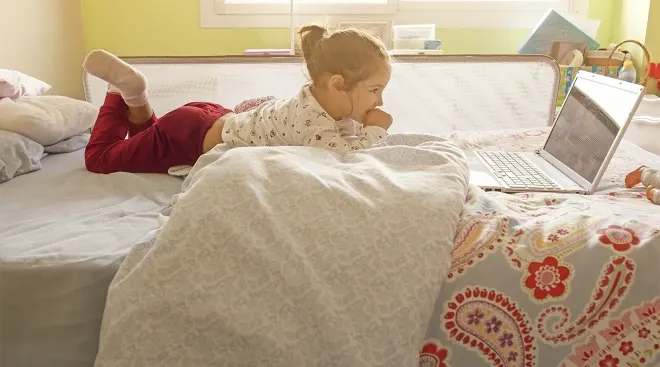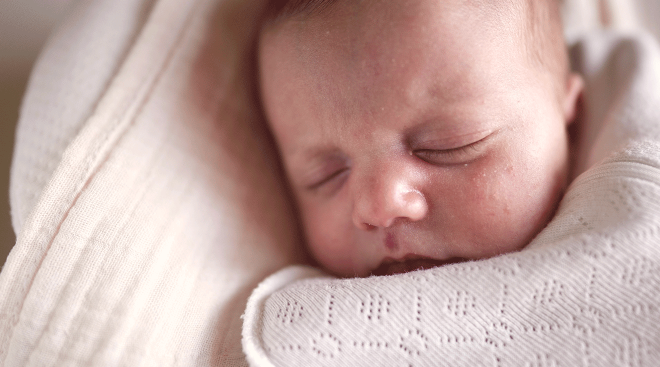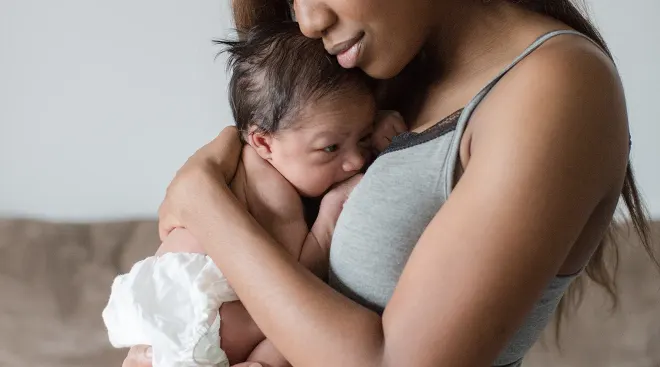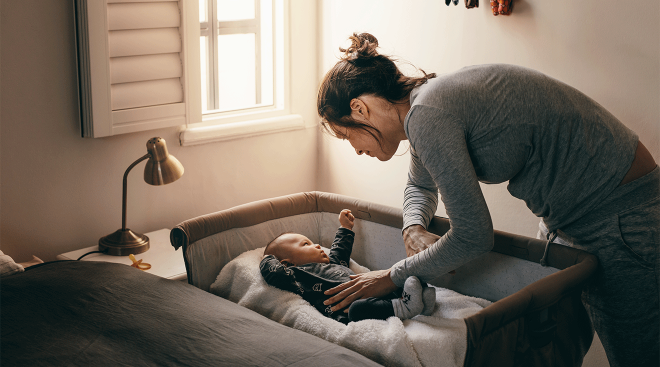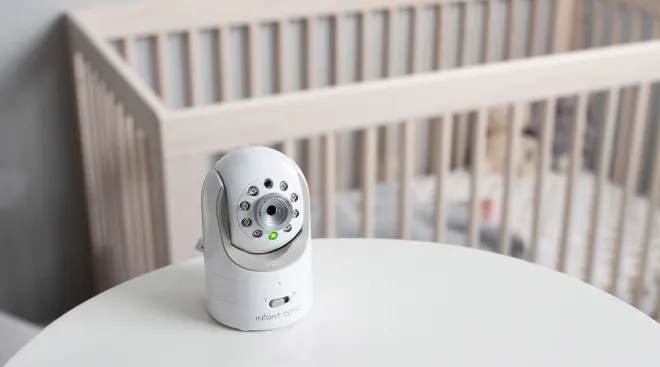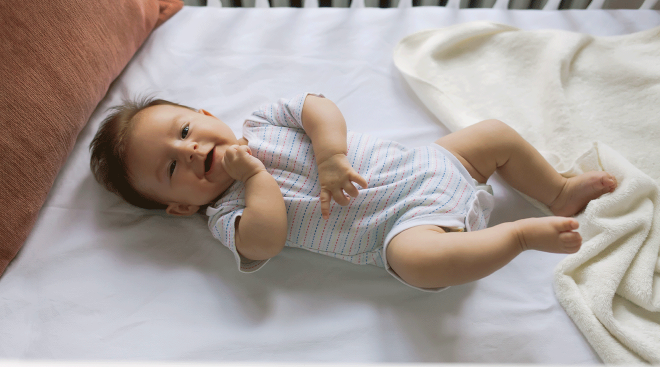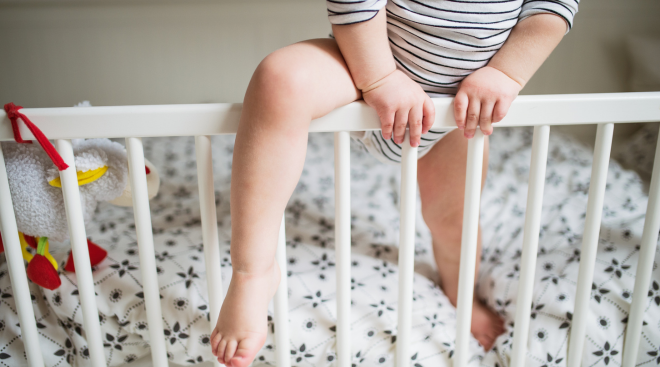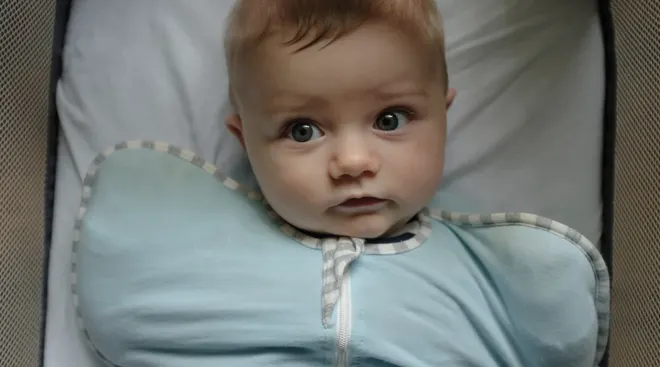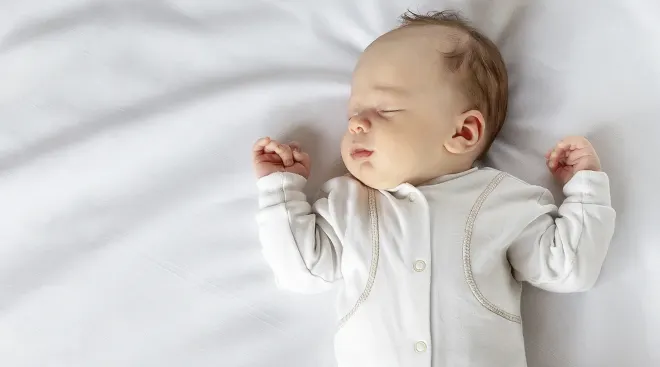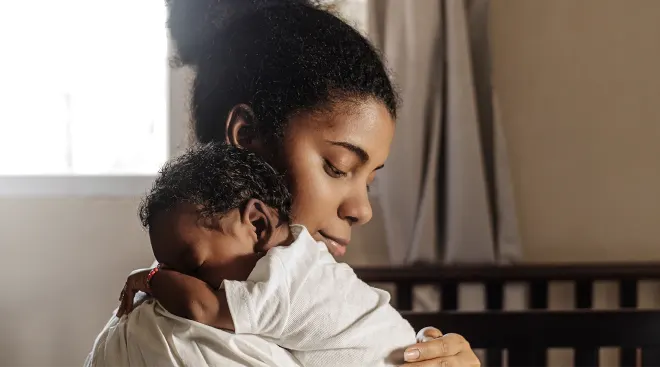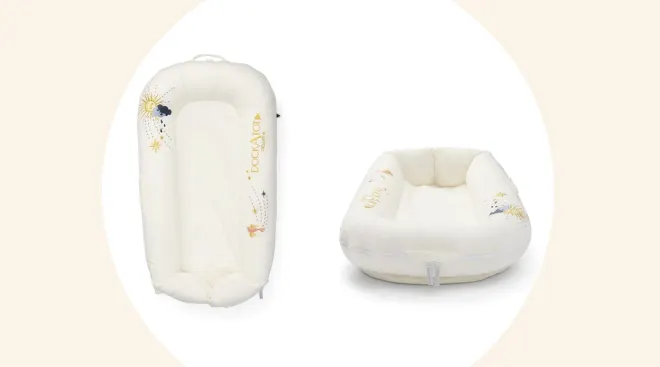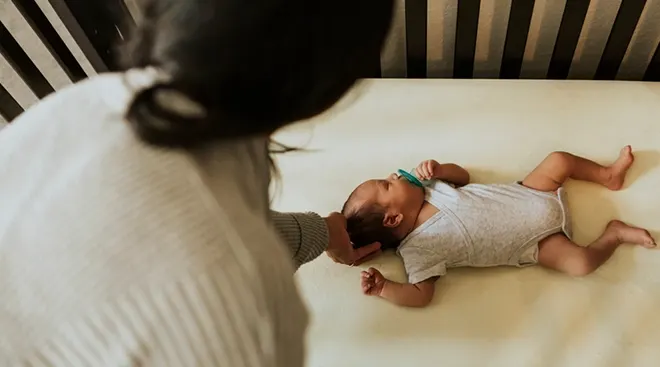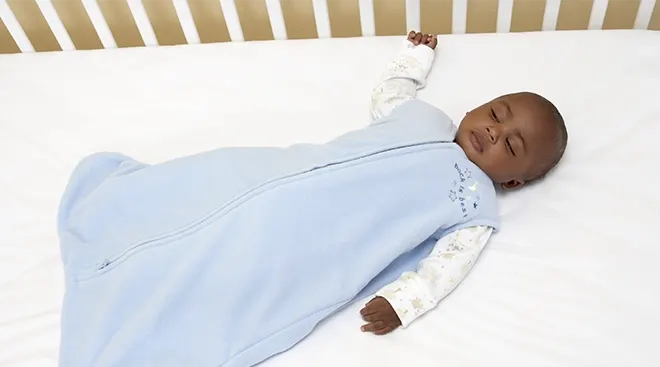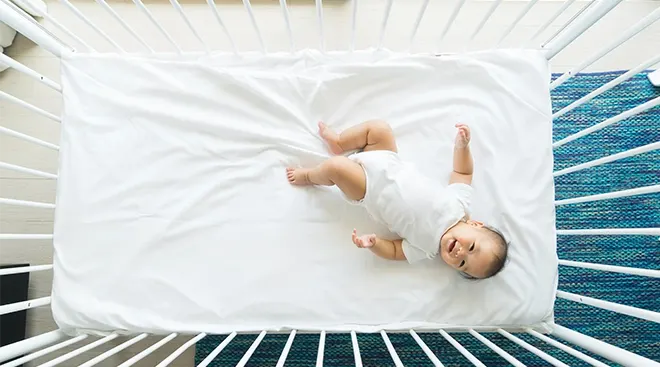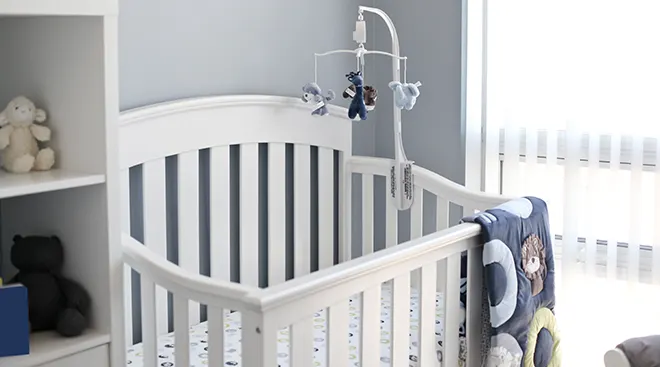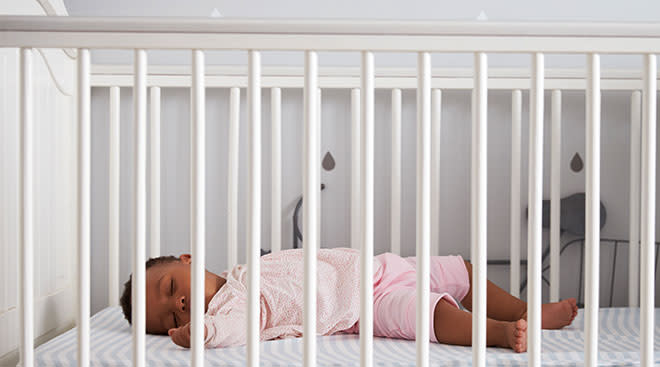Most Parents Aren’t Following Safe Infant Sleep Practices, Study Finds
The prospect of Sudden Infant Death Syndrome (SIDs) is frightening for parents—and rightly so, as the condition remains unexplained. There are safe infant sleep practices recommended by the American Academy of Pediatrics (AAP) that can reduce the risk. But, according to a recent study from Pediatrics, the official journal of the AAP, a quarter to two-thirds of moms aren’t following the guidelines—and researchers believe this could be a factor in SIDs.
The study looked at the reports of postpartum women for four of the AAP’s recommended safe infant sleep practices. They looked at whether baby slept on their back on a firm sleep surface (such as a crib), avoided sleeping with any soft bedding or objects and room-shared without bed-sharing. According to the findings, 78 percent of moms reported that baby usually slept on their back; 57 percent said they usually shared a room without sharing a bed; 42 percent said they usually didn’t use soft bedding and objects; 32 percent said they usually used a seperate, approved sleep surface. The data for the study came from 29 states and was pulled from the CDC’s 2016 Pregnancy Risk Assessment Monitoring System surveillance project.
The most commonly used soft bedding used was a blanket, while a crib, bassinet, or pack-and-play were the most commonly used sleep surfaces. Additionally, moms who answered the survey also reported they didn’t always getting comprehensive advice on safe infant sleep practices from their health care providers. In fact, a little less than half of mom reported that their physician recommended room-sharing without bed-sharing.
“Even if this anticipatory guidance was given but not remembered by the mothers, these numbers should certainly alert our profession to the need to repeatedly discuss safe sleep,” Jeffrey D. Colvin, M.D., and Rachel Y. Moon, M.D. and author of the AAP’s safe sleep policy, wrote in a commentary on the study. “As there are multiple opportunities to discuss safe sleep in the newborn nursery and at the frequent well-child visits and weight checks in early infancy, this is one area where we can make a difference in infant mortality.”
For parents who are looking for more information on safe infant sleep practices, the AAP offers several thorough guidelines. This includes: having baby sleep on their back until their first birthday, using a firm sleep surface and keeping baby in the same room where you sleep for the first six months to a year (but not in the same bed). According to the AAP, this last recommendation can decrease the risk of SIDs by as much as 50%.
The guidelines also advise parents to only bring baby into their bed to feed or to comfort, to not place baby to sleep on a couch, sofa or armchair, to give baby a pacifier while sleeping and to make sure baby is always on their back while swaddled.
Even though the SIDs isn’t common, according to the Centers for Disease Control and Prevention (CDC), it does affect around 3,500 babies in America every year. But, according to the AAP, by following safe infant sleep practices, you can reduce the risk.
Please note: The Bump and the materials and information it contains are not intended to, and do not constitute, medical or other health advice or diagnosis and should not be used as such. You should always consult with a qualified physician or health professional about your specific circumstances.
Navigate forward to interact with the calendar and select a date. Press the question mark key to get the keyboard shortcuts for changing dates.

































